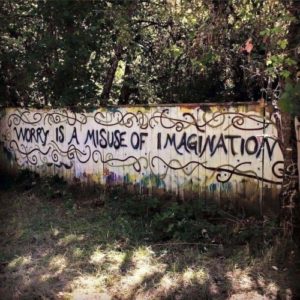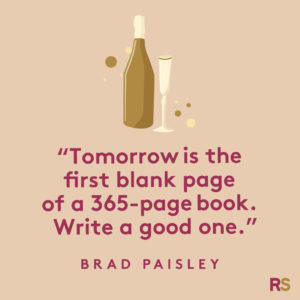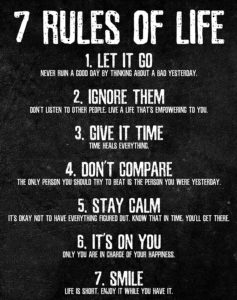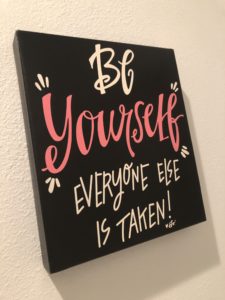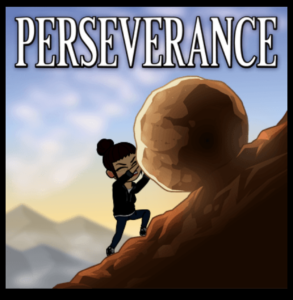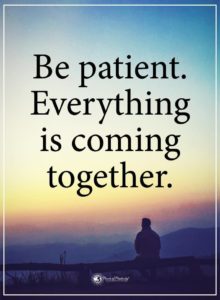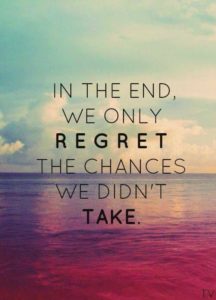
Um… sort of.
First of all, after people make choices, they can frame the choice event in terms of what they chose, or in terms of what they did not choose (Valenti & Libby, 2017).
Second, the research is a little more nuanced than that. Yes, “inaction” regrets last longer and are accompanied by a stronger feeling of loss. (Also, we’re more likely to regret non-fixable than fixable situations, and women are more likely to have relationship-related regrets while men are more likely to have work-related regrets. Sorry, I hate it when research supports “stereotypes,” too!) (Morrison & Roese, 2011)
Second, to the degree that we regret more the choices we didn’t make, it’s sort of because of a cognitive fallacy. When we make a “safe” decision and it turns out well, we’re happy with the outcome. When we then find out (or even imagine!) alternative outcomes that would have been better (this is called counterfactual thinking), we feel regret (that is, regret for the thing we “didn’t do” that would have led to the better outcome) and view our own, positive outcome less positively. (Seta et al., 2015)
When we make a “risky” decision and it turns out well, we are both happy with the outcome and relieved that it didn’t turn out badly. When we make a risky decision that turns out badly, we’re unhappy with the outcome, but more likely to use the information for:
- making sense of the world
- avoiding future negative behaviors
- gaining insight
- achieving social harmony
- improving ability to approach desired opportunities (presumably because we regret past passivity) (Saffrey et al., 2008)
Add all of that to hindsight bias, and this whole subject is a real mess!
Morrison, M., & Roese, N. J. (2011). Regrets of the typical American: Findings from a nationally representative sample. Social Psychological and Personality Science, 2(6), 576–583. https://doi.org/10.1177/1948550611401756
Saffrey, C., Summerville, A., & Roese, N. J. (2008). Praise for regret: People value regret above other negative emotions. Motivation and emotion, 32(1), 46–54. https://doi.org/10.1007/s11031-008-9082-4
Seta, C. E., Seta, J. J., Petrocelli, J. V., & McCormick, M. (2015). Even better than the real thing: Alternative outcome bias affects decision judgements and decision regret. Thinking & Reasoning, 21(4), 446–472. https://doi.org/10.1080/13546783.2015.1034779
Valenti, G., & Libby, L. K. (2017). Considering roads taken and not taken: How psychological distance influences the framing of choice events. Personality and Social Psychology Bulletin, 43(9), 1239–1254. https://doi.org/10.1177/0146167217711916
